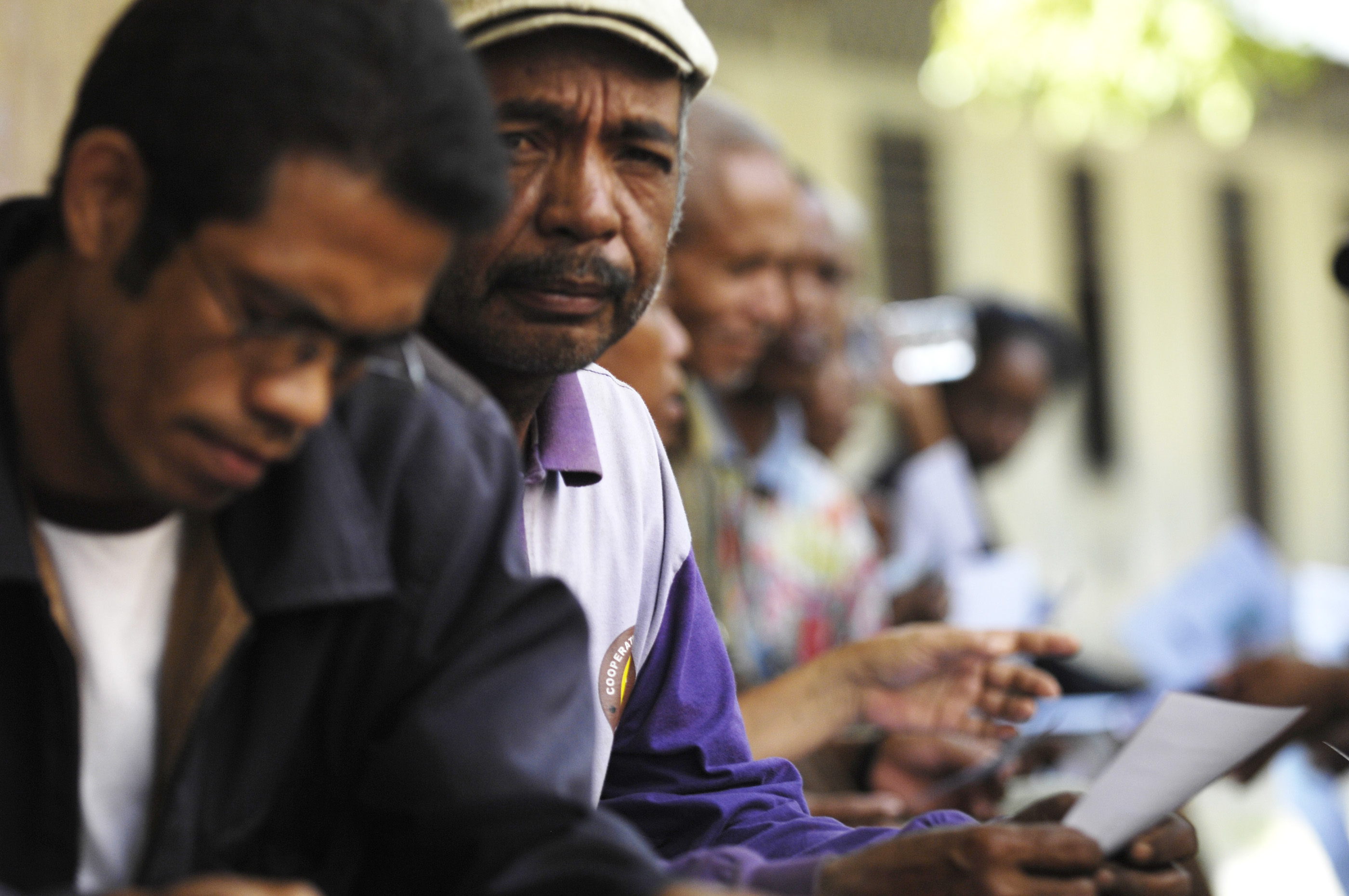 Professor Jean Paul Faguet
Professor Jean Paul Faguet
Professor of the Political Economy of Development
Programme Director, Development Management
The speed and violence with which armed insurgents have overrun Iraqi towns and military posts, massacring civilians and spreading fear through the region, has shocked the world. For some years now we in the West have hoped for the best, and preferred not to look too hard at the country we invaded and took over, tried half-heartedly to re-build, and then abandoned. But now our failure to replace dictatorship with a working democracy is clear.
Sadly, this failure was both predictable and indeed predicted. This is a good time to revisit the main argument of “Building Democracy In Quicksand” (Challenge, 47(3): 73-93), beginning with the prediction:
There is a deeper and more ominous possibility which so far has largely escaped public discussion – that the task of bringing democracy to a people as tyrannized as Iraqis and Afghanis historically have been is by its very nature undoable in the short term. This is because democracy relies on a complex, multi-layered web of civic organizations for a number of its most basic functions. But regimes such as Saddam’s or the Taliban’s regard such organizations as competing structures of power, and deliberately and systematically undermine them. The organizations that give form to and empower individual initiative are gradually destroyed, or prevented from emerging in the first place, leaving citizens atomized and powerless before the authority of the state. Society is “de-structured”. As a socio-political foundation for a new political order, this is quicksand. Democracy will not work in such an environment. This is a considerably more worrying explanation of America’s post-war troubles, as remedies will exist only in the long term if at all. It implies that America will eventually face an unpleasant choice between a protracted, expensive physical and social reconstruction, or a quicker withdrawal that leaves the conquered country either in the hands of a new dictator, albeit one friendly to US interests, or in a semi-anarchic, possibly violent state. (p. 75)
The tragedy of Iraq is that ten years after those words were written, this is exactly what is happening. We must understand why.
Democracy does not exist in a vacuum. It is not a set of rules and procedures that can be overlaid on any country or society. To succeed, the organizations and norms that define democracy must interact with the many elements of civil society to perform three key functions crucial to the success and survival of any democracy: (i) the articulation of individual and collective preferences, (ii) the aggregation of these preferences into socially preferred options, and (iii) the enforcement of accountability on public officials for their decisions and actions in light of (i) and (ii). None of these functions is easy; none occurs spontaneously. Each is central to the success – indeed the very definition – of democracy. And each requires complex social organizations expending significant amounts of energy to interact with government and each other to succeed. Paraphrasing the paper slightly,
None of these processes is a four-yearly event; democracy does not work only at election time. All three processes operate continuously, relying on government-society and society-society interactions for their success. Civil society is conceived here not as atomized individuals but rather as a set of collectivities that aggregate individuals’ ideas and efforts, interacting amongst themselves and with the institutions of government. Society operates as a complex of organizations, representing communities’ needs, facilitating social expression and the assertion of local identity, and facilitating the exercise of voice. Such organizations develop their own norms of behavior and responsibility organically, and over time may build up stores of trust and credibility that enhance capacity, or may not. Governance relies on these autonomous organizations to mediate – and ultimately empower – citizens’ participation in the decision-making that governance implies. (pp.82-3)
Where such social dynamics do not occur, political contestation is replaced by fiat, military conflict, or both, and democracy dies. It is easy to forget this early in the 21st century, especially for those of us sitting in North America and Europe, where democracy seems a given. We do well to remember that democratic governance is very far from the rule. This is precisely because – its many political and economic benefits notwithstanding – democracy is difficult and socially expensive to organize. It is a fragile, historically exceptional, ultimately improbable thing.
Paper also available on ResearchGate.




